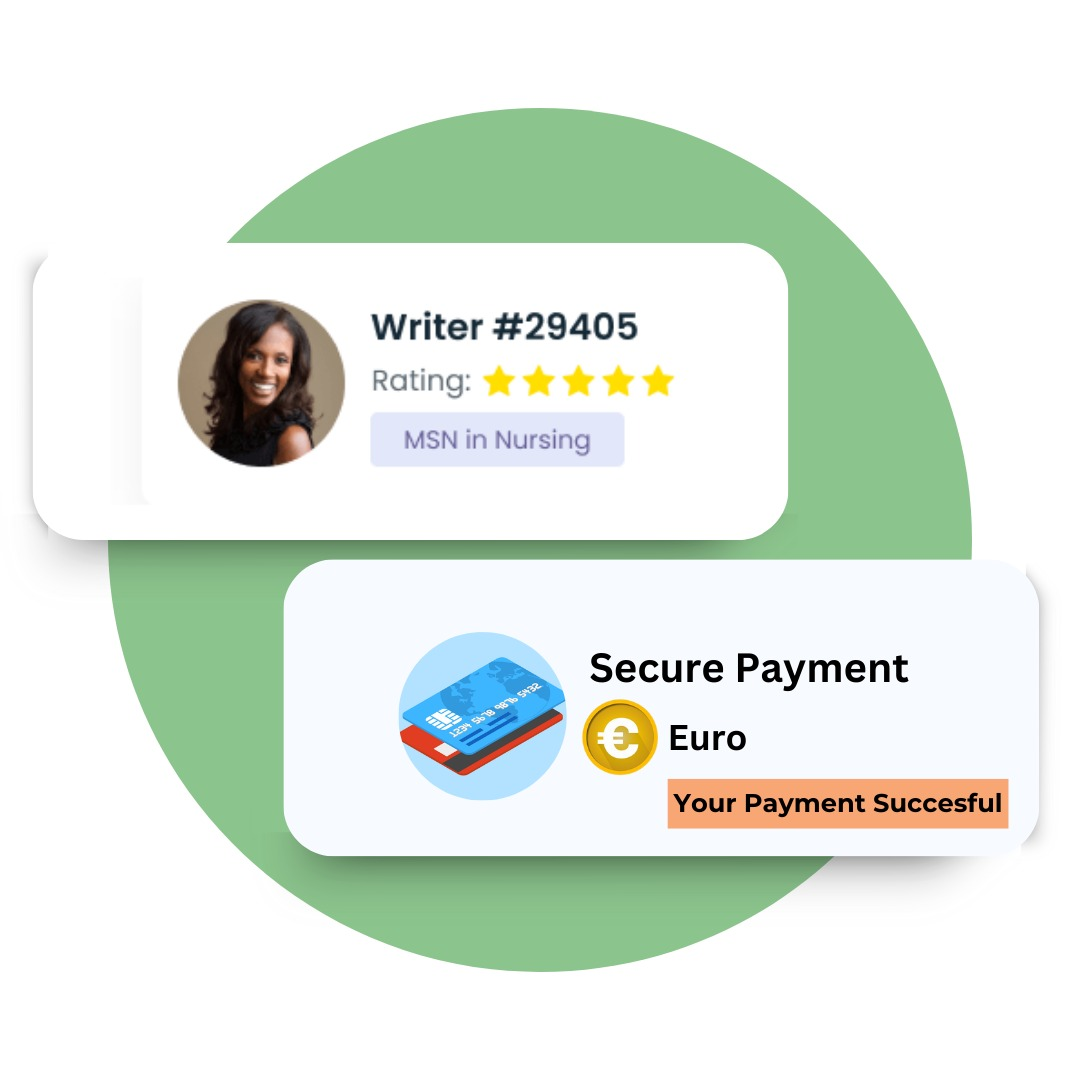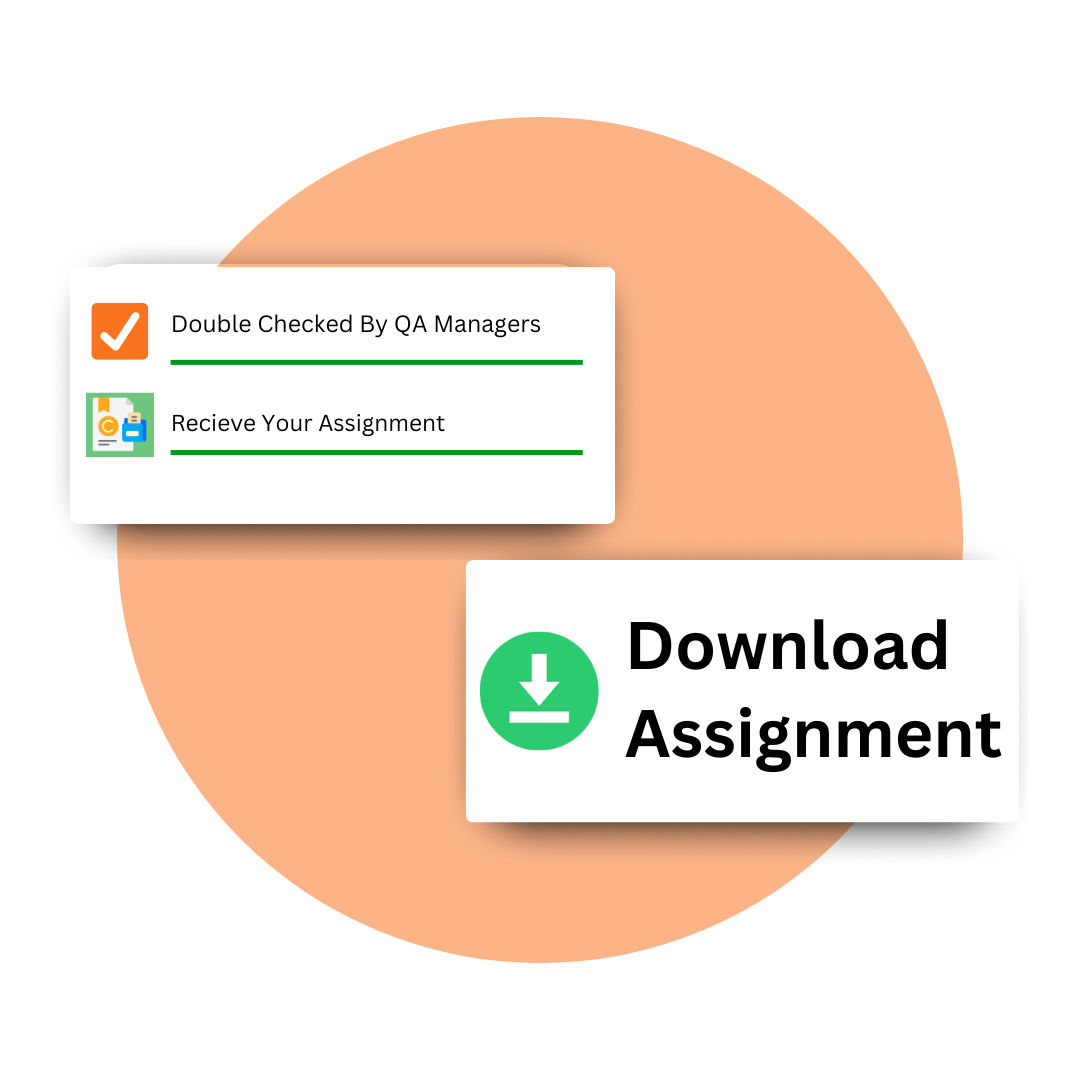Our ordering process builds confidence by demonstrating our commitment to professionalism.

Fill out the order form and mention all the important documents to hire our understanding of the management role to improve management performance assignments.

You can pay using PayPal, credit/debit cards, or online banking services after you have received your quote.

Download your assignment from your inbox after our understanding the management role to improve management performance writers have completed it.
Each assignment will be custom-written for an individual, meaning that it will meet specific learning outcomes, relevant management concepts, and ILM guidelines. Thus, the approach will be personal for effectiveness.
Our assignments entail a complete analysis of the roles of management and the manner to improve performance. We cover theories and study their implementation in practical life and empower you with insights that are extremely relevant for education and professional development.
We shall ensure that all our content is 100% plagiarism-free and there is no usage of AI tools. Each of our assignment is well-written to reflect unique insights as follows the strict norms of academic integrity.
We respect your time, ensuring that all assignments are delivered before or on agreed deadlines. For urgent needs, we offer quick turn-around times so you never have to worry about the deadline.
Do you have your assignment on “Understanding the Management Role to Improve Management Performance” of ILM Level 4 8605-400, and need help? We’re here with our team of native UK writers, waiting to provide fast expert custom help to you.
Your assignment on management roles requires, apart from a good footing in leadership principles, the ability to think your way through intricate concepts behind organisational performance and team management. Our writers are well experienced with ILM Level 4 assignments and are very well aware of the standards to meet the high expectations of academia.
Be it drafting, editing, or proofreading assistance in respect of your assignment, we can afford you full support to make sure that work is of the best quality. Our editing and proofreading services hone your arguments while enhancing clarity and correction of errors, thus making certain that your assignment flows smoothly and meets any expected standards of language in UK institutions. Further, we accommodate any major formatting styles, such as APA, Harvard, and MLA so that a paper is in line with specific guidelines.
Assignment Task 1: Understand the specific responsibilities of middle managers in enabling an organisation to achieve its goals
The goals of our organisationare as follows: to be market leaders in all quarters, increase our reach, and have outstanding quality services surpassing the expectations of customers. Our mission will be to make a positive impact within the industry and community by developing an environment that matches core values such as integrity, innovation, and customer satisfaction.
To achieve these goals, we have outlined key objectives in the following manner:
Middle managers are generally seen as the blood that ties the leadership to frontline staff in any organisation if it is to achieve its stated goals. Generally speaking, they should be able to:
In such roles, middle managers make sure that the efforts of teams are oriented towards the required ends of an organisation.
Interpersonal and communication skills have a significant impact on managers’ performance of many core areas:
Approach: Use plain language and clear instructions to ensure everyone understands, particularly in diverse teams.
Approach: Offer cultural sensitivity training and encourage knowledge of different communication patterns.
Approach: Develop emotional intelligence and listen actively to stay in touch with your own emotions and open up the discussion.
Approach: Use technologies, (video calls and collaborative tools), to help maintain communication across distances.
Approach: Enforce an open-door policy and flatten hierarchies to encourage open communication across ranks.
Strategy: Apply feedback and clarification techniques in case messages received are not as intended.
Strategy: Train, with the right IT support, to make communication tools easier to use.
Strategy: Earn the right to be trusted by being transparent, keeping them regularly updated, and personal rapport
Strategy: Prioritise your time on communication by making sure check-in times and relevant topics’ time is scheduled.
By working on these barriers, managers can enhance communication between others and within teams.
To rate your knowledge, skills, and behaviour and their influence on your performance as a manager:
Through monitoring these areas, one can improve his or her managerial performance and effectiveness as a leader.
Improve your managerial effectiveness by following these areas of improvement:
A PDP is a strategic outline used to help individuals enhance their skills and improve performance in nearly every area, especially concerning the field of management. In improving managerial performance, a PDP involves areas of strength and those needing development.
They can include such aspects as clearly measurable goals set for improvement in leadership, communication, decision-making, solving problems, and managing teams. To do this, the plan must also indicate specific goals that include actions such as attending leadership training, getting feedback from colleagues and subordinates, or taking up challenging projects as ways of building experience.
A very important component in the plan is to regularly review progress and adjust the approach if necessary to ensure continuous improvement. Focusing on personal development will make the manager more effective, contributing more to his or her team and organisationf. This type of system will ensure a culture of lifelong learning and adaptation.
Testimonials confirm our reputation for meeting deadlines without compromise.
A
Alex Turner

ILM Assignment Helper played a key role in my success with ILM Level 3 assignments. Their team offered exceptional insights, guidance, and support. They ensured I understood the core concepts and applied them in my coursework, resulting in fantastic grades and a more solid grasp of leadership principles.
M
Michael Thompson

ILM Assignment Helper delivered high-quality work for my ILM Level 7 assignments. Their expert writers incorporated advanced research and real-world examples that directly aligned with my academic needs. With their support, I achieved excellent grades and was able to apply the knowledge practically in my career.
E
Emma Green

I couldn’t have asked for better help with my ILM Level 3 assignments. ILM Assignment Helper’s team provided clear, concise, and well-researched content that directly addressed the challenges in my coursework. With their help, I improved my grades significantly and gained a clearer understanding of leadership principles.
D
Daniel Hughes

I was having difficulty understanding some of the more complex management theories in my ILM Level 5 course. The team at ILM Assignment Helper provided tailored support that helped me break down these concepts into easily digestible pieces. Their research and writing assistance improved my work quality and led to top grades in my assignments.
C
Charlotte Roberts

ILM Assignment Helper was a lifesaver during my ILM Level 7 course. Their expert writers not only provided high-quality, well-researched content but also made sure the assignments aligned perfectly with the requirements of my curriculum. Thanks to their assistance, I passed with distinction and gained insights that will benefit me in my career.
J
James Carter

I was struggling to understand the practical application of leadership theories in my ILM Level 3 assignments, but ILM Assignment Helper made everything clear. The team’s input was invaluable, helping me complete my work with a deep understanding of how these theories apply to real-life situations. I received excellent grades thanks to their support.
Our experts can help you succeed. Get professional support now!
